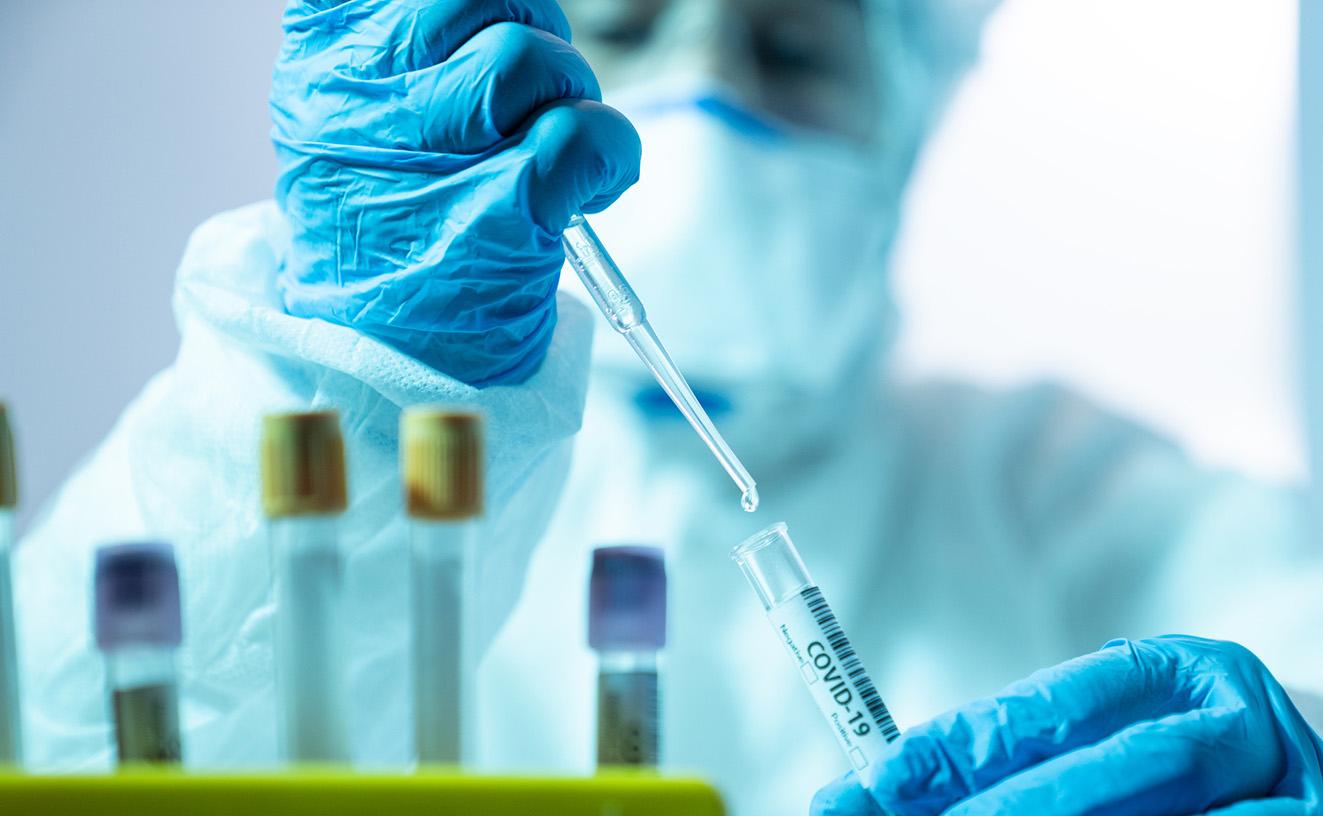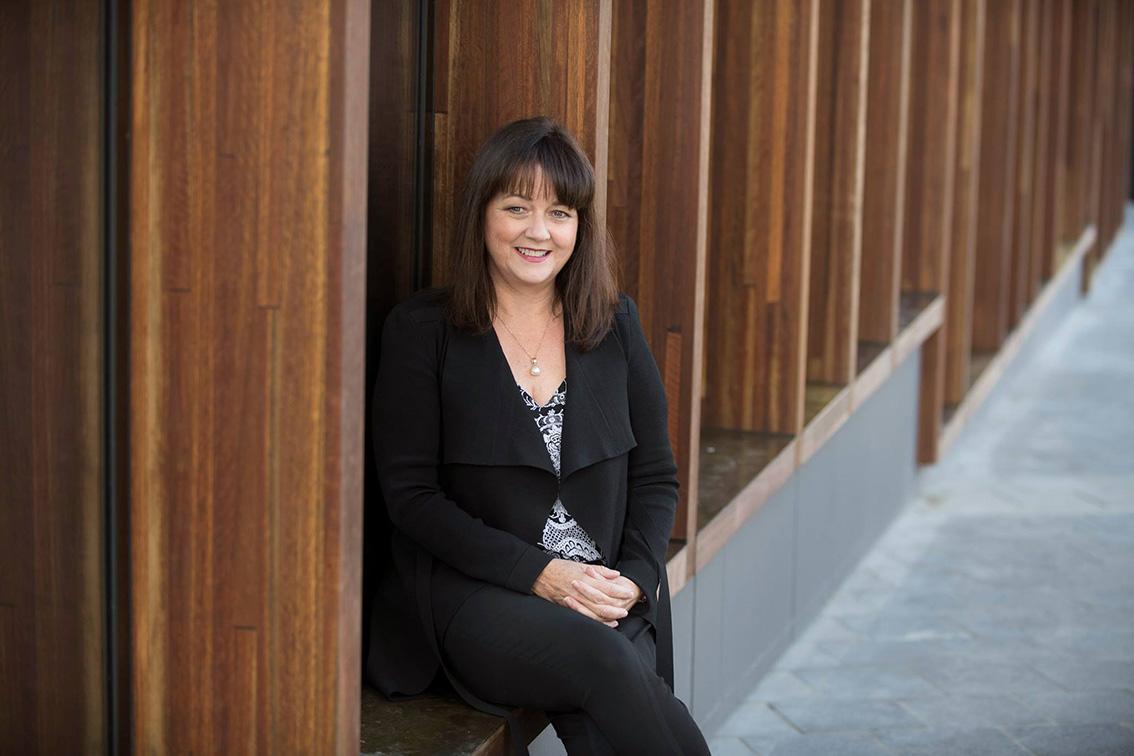Adelaide has key role in COVID-19 vaccine human trials

University of Adelaide researchers are playing a leading role in the human trials of Australia’s first needle-free, gene-based COVID-19 vaccine.
The extended phase 1 human trial will evaluate a COVID-19 gene-based vaccine called COVIGEN, developed by BioNet and Technovalia.
The study is led by Professor Nicholas Wood from the University of Sydney and the Vax4COVID Alliance, which includes co-investigator Professor Helen Marshall, from the Robinson Research Institute, University of Adelaide and Women’s and Children’s Hospital, Adelaide.
“The COVIGEN DNA-based vaccine is one of only a handful to enter into clinical trials worldwide, and the first in Australia,” Professor Marshall says.
“This trial will be an ideal opportunity for Australians to be involved in a COVID-19 vaccine trial using a needleless device to deliver the vaccine, a device that is already being used to give flu vaccines in the US.
“Through strong partnerships between government, academia and industry, we are well placed to deliver COVID-19 vaccines to the Australian people, should it prove to be effective,” Professor Marshall says.
The study has been awarded a $3 million grant from the Australian Medical Research Future Fund (MRFF), announced at the weekend by Health Minister Greg Hunt.
“The trial is a partnership with four of Australia’s most experienced vaccine trial sites and aims to enrol 150 healthy volunteers. Findings from the trial will inform evaluation of the vaccine in larger phase two and three trials,” Minister Hunt says.
“...we are well placed to deliver COVID-19 vaccines to the Australian people, should it prove to be effective.”Professor Helen Marshall

Professor Helen Marshall
The COVIGEN COVID-19 vaccine study will begin later this year and will evaluate safety and effectiveness when given to healthy adults.
Australian biotech company Technovalia and its international vaccine partner BioNet have been actively developing a gene-based COVID-19 vaccine since March 2020.
A gene-based vaccine is a new type of vaccine design that uses the genetic (DNA) sequences from the virus. Researchers identify and isolate parts (genes) of the virus genome.
“In the case of COVID-19, the gene codes for the coronavirus spike protein have been selected for the vaccine. Once the DNA is inside the cell, the body uses the DNA code to make the coronavirus spike protein and this should then trigger an immune response that we hope will be strong enough to ‘remember’ and protect against further virus infection,” said Associate Professor Wood.
“The delivery is via a needle-free device which penetrates the skin with a jet spray. This is designed to make sure the DNA vaccine gets inside the cells to encourage good uptake by the immune system.”
While still subject to approval in Australia, the delivery device is used in vaccination programs in the United States.
Preclinical studies have shown that the gene-based vaccine is safe and immunogenic. The next step is to test the vaccine in humans.
South Australia is one of three Australian states to participate in the study.
Media Contact:
Professor Helen Marshall
Deputy Director, Robinson Research Institute
The University of Adelaide
Mobile: +61 (0)407 414 303
Email: helen.marshall@adelaide.edu.au
Elisa Black
Manager – News and Media
The University of Adelaide
Mobile: +61 (0)466 460 959
Email: elisa.black@adelaide.edu.au
